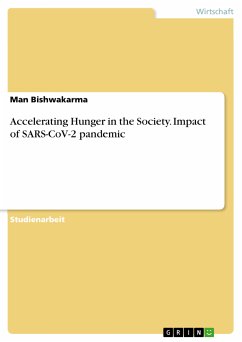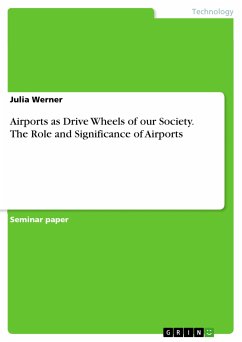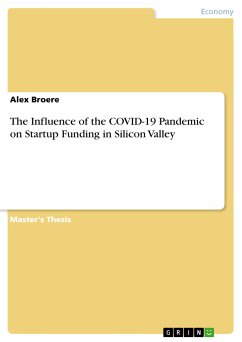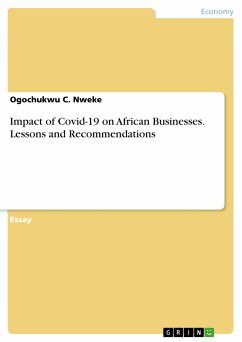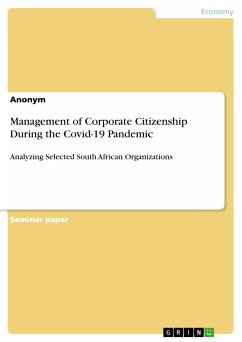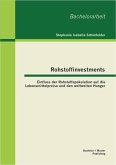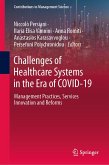Studienarbeit aus dem Jahr 2021 im Fachbereich BWL - Sonstiges, , Sprache: Deutsch, Abstract: This paper is about the impact of SARS-CoV-2 pandemic. In December 2019, a new type of coronavirus causing pneumonia and death was identified in Wuhan, China which is called SARS-CoV-2 . The death toll and the cases of COVID-19 transmission each day has been shocking everyone. Despite the vaccination campaign globally the threat of second wave that is much stronger has induced intimidation to the society. Nevertheless, hunger is the biggest cause of death even today. The pandemic is really three crises in one; income, food and health crisis. The global impact is still expanding daily with second wave. SARS-CoV-2 is new to the human immune system. To reduce the impact of shocks of pandemic in the long term, we must build more resilient and inclusive food systems. Enhancing food security for nutrition to boost the immune system should be explored and recommended. Direct support to enterprises, particularly to SMEs and mobilize large injections of concessional finance even from the private lending agencies may support to ensure livelihood security. Prime concern is to reset the economy with Protective Liberalism. The 'Coronomics' could be the foundation for greening the Human Economics.
Dieser Download kann aus rechtlichen Gründen nur mit Rechnungsadresse in A, B, BG, CY, CZ, D, DK, EW, E, FIN, F, GR, HR, H, IRL, I, LT, L, LR, M, NL, PL, P, R, S, SLO, SK ausgeliefert werden.

